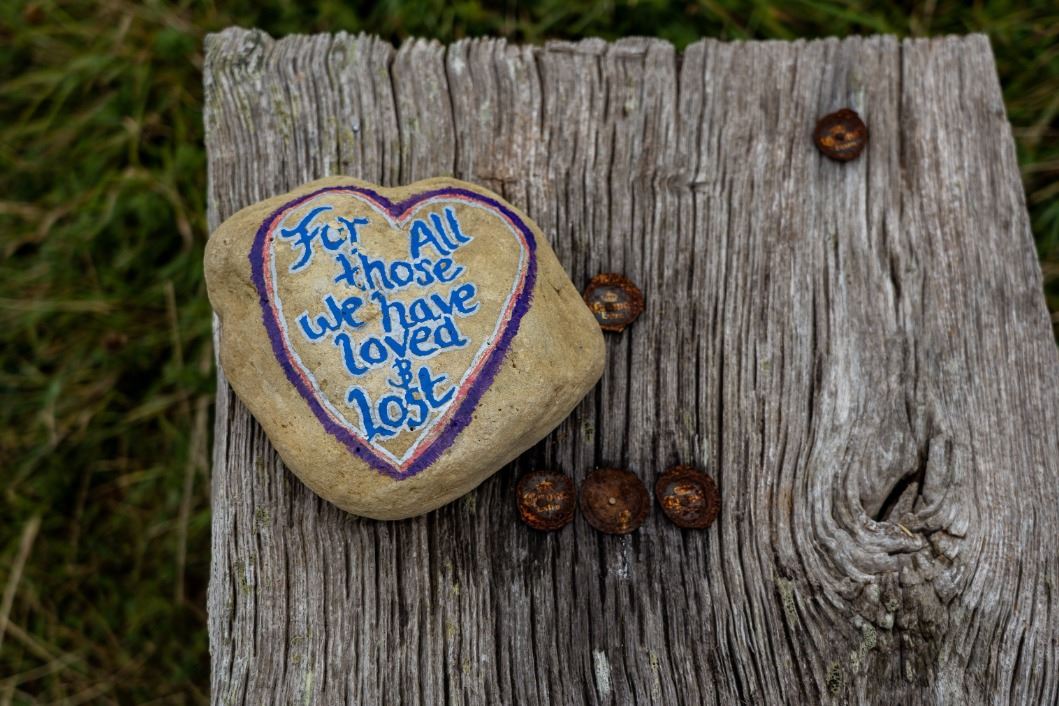
by Chrystal Kelly, High School Counselor at The American International School of Muscat, Oman and ISCA Taskforce Member
The loss of a loved one is difficult for a teenage students to deal with. Be it the loss of a close family member, friend or even a pet, grieving is different for everyone. Several factors influencing how people deal with grief include age, culture, religion, support systems, the circumstances of the death, relationship with the individual they have lost, and previous experiences with death. As a school counselor, it is important to understand what the student needs during this difficult time. It is easiest to do that by meeting with the student and asking what you can do to help. Depending on their needs and responses, here are a few things you can do to help students as they grieve.
Meet With The Grieving Student
Some students are ready to talk right away after a loss. As a school counselor, take advantage of the opportunity to connect. Talking about death can be difficult, even for counselors. It is important to make sure you have people you can also consult with after tough meetings. Other students may not want to talk immediately after the loss of a loved one. For these students, allowing them their space and privacy can help. Letting them know you are available as a willing resource when they feel ready to talk about their grief is also a big help. Finally, let your staff become aware of a loss and how to best respond to the student. Remember that many students find resources in their teachers or other trusted adults in school.

Provide Information
As school counselors we know how important it is to provide a variety of resources for students. Each student is unique in how they process their grief. Some students want to talk, some want to read, and many others have questions about the confusion that they feel and want to learn more. Providing students with different genres of books, websites, and tips can be helpful. Students are also often helped by the discussion of “what is normal”? Providing information to students that assures them that all the different ways they are reacting to death is normal will help. Remind students to not judge themselves or others and that comparing one person’s loss to another’s is not helpful. Help students see that each person has the right to express their grief in their own way.
Facilitating a Grief Support Group
Grief support groups are a great and rewarding way to help students. Small groups of approximately 6-10 students which typically meet six to eight weeks long for forty to fifty minutes (timing can vary) each week. To start, meet with students to explain what a grief group is, find a location that is conducive to good group dynamics. Remember to have a group plan and purpose for each session, along with a check-in and closure/reflection activity. A grief group can help students (especially teenagers) see that there are others dealing with grief and it becomes less isolating. It becomes a support group for not only grief but other issues and concerns in a student’s life.
Here are some examples of grief group topics for an eight-week session:
- Group 1: Why are you here? Establishing goals and norms and sharing stories.
- Group 2: Grief support, education, responses. Who are your resources?
- Group 3: Sharing memories (pictures, mementos, others).
- Group 4: Art/music therapy-drawing/writing what our losses look and feel like.
- Group 5: Secondary losses-how do you cope?
- Group 6: Spirituality/rituals/ceremonies/cultural differences
- Group 7: Rose/Balloon Ceremony (activity where students can honor, celebrate or acknowledge the loss)
- Group 8: Closing lunch and next steps. Set a date for a reunion meeting.
Create A Book Club
There are many great resources available to help students and families deal with grief and loss. Books are one such resource. How to Survive the Loss of a Love is a great book for helping students deal with feelings of grief and loss. A book club can also be a great way to facilitate grieving for students and families. Find a time after school to either process chapters or the entire book if it is short. Like a grief group, students often find the support that comes from one another very valuable.

Referring to outside resources
Sometimes students need extra support that a school cannot provide. This is when it is essential to understand what resources are available in the country you are in. Are there hospice centers, grief counselors, and others who specialize in helping students and families with these concerns? Helping students find someone that can listen without being judgmental and accepting them as they are is important. Understanding what cultural or religious expectations a student and family have of an outside counselor or therapist is also critical to how you can support them.
There are many great resources available to help with so many of the above things. Don’t forget to check out the ISCA member website and learn about these resources. It is important that we work together and share our stories so that we can best help our students, families and staff.
Are you ready to take your counseling skills to the next level? Do you want to connect with like-minded peers across the world? Join ISCA today!